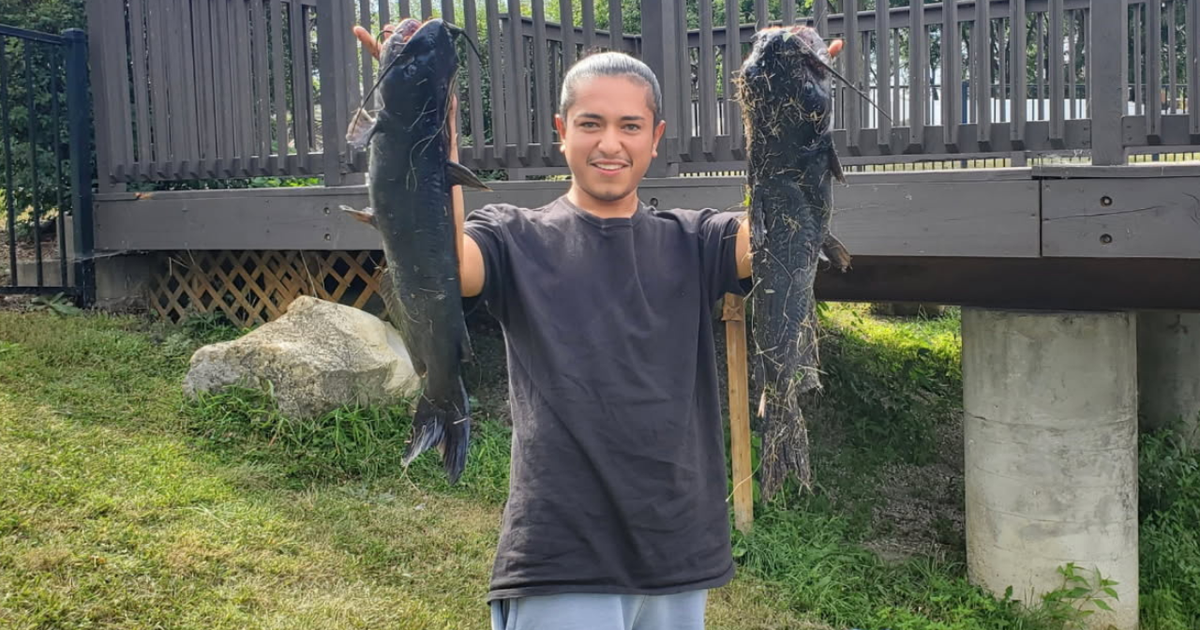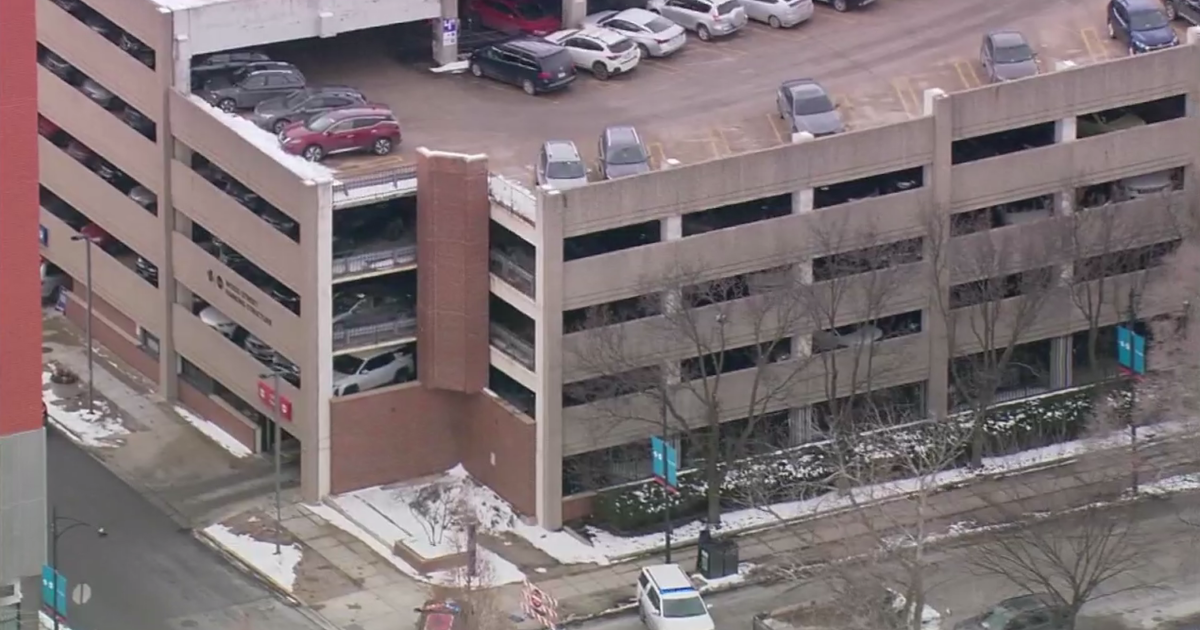Man's cold or flu-like symptoms spiraled into life-threatening sepsis
When Jose Luis Garrafa started feeling under the weather last month, it seemed like he had caught a bad cold or the flu, but the illness quickly took a more frightening turn.
“Coming out from work, I felt tired, I felt so cold and my body felt so weak,” Garrafa told WLS-TV.
The following day, the Chicago man felt worse.
“He came with his book bag on the floor like a little kid, he was dragging it. And I said, ‘You are getting sick,’” Altagracia Martinez, Garrafa’s fiancee, told the station.
Rest did not bring healing.
Two clinics prescribed medication for cold symptoms, but his health continued to spiral and within days he was admitted to Mount Sinai Hospital in Chicago and diagnosed with sepsis pneumonia, the hospital told CBS News.
Sepsis is a complication of an infection and can progress quickly, leading to tissue damage, organ failure and death. Anyone can be at risk, but older people, babies and those with compromised immune systems are most vulnerable.
Garrafa was in the hospital for 17 days – in the intensive care unit for most of that time, struggling to breathe.
Kevin Dobbins, a critical care nurse who cared for Garrafa, told CBS News he wanted to call attention to “how important it is for members of our community to learn about sepsis,” especially for those without primary care doctors.
A CDC report released last August showed that for almost 80 percent of sepsis patients, the illness begins outside of the hospital. But it also found that 7 in 10 patients with sepsis had recently used health care services or had chronic diseases requiring frequent medical care.
Sepsis can look a lot like a bad cold or the flu. Symptoms include:
- Shivering, fever, or very cold
- Sore throat
- Extreme pain or discomfort
- Clammy or sweaty skin
- Confusion or disorientation
- Shortness of breath
- High heart rate
- Diarrhea
Sepsis is treated with antibiotics, oxygen, IV fluids and other life-saving measures.
Garrafa’s doctor urges people with these symptoms to seek medical care quickly.
“Sepsis is a very serious condition that at first can seem like common ailments. If you ever feel that something is not right, that what you or your loved one has is more than flu or a cold, get medical help right away. Time is life,” pulmonologist Dr. Mira Illiescu-Levine, chairman of the internal medicine department at Mount Sinai Hospital, told CBS News.
The longer a patient goes without treatment, the more likely it is that a sepsis infection will turn fatal.
Every year, severe sepsis strikes more than a million Americans — as many as 50 percent die, according to the National Institutes of Health.
Garrafa’s fiancee said that if one doctor doesn’t listen, seek help elsewhere and “keep asking.”
Garrafa lost 16 pounds and is still recovering. He told WLS-TV he is thankful to be alive. “I’m happy because I’m here. I’m so happy that God gave me one more chance.”



